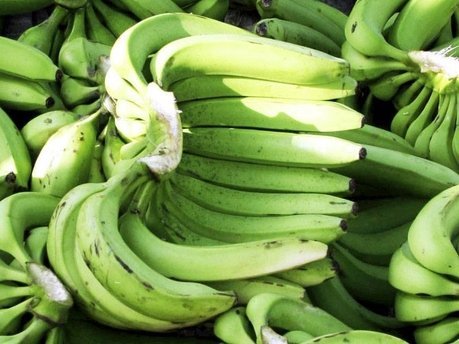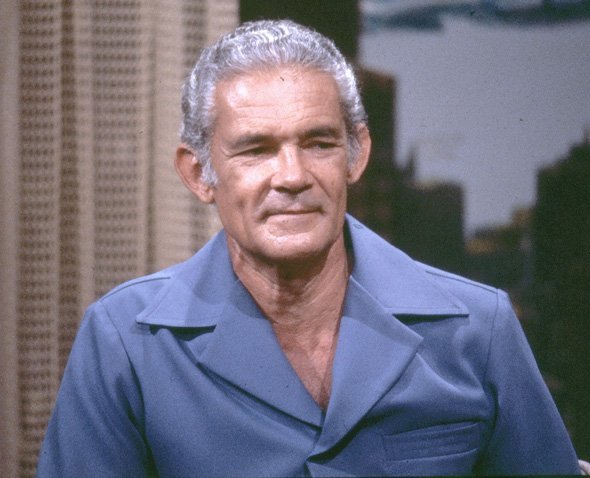Jamaica Welfare was founded by Norman Manley in 1937. It was the first large scale social welfare organisation on the island. It was formed from suggestions Manley made to United Fruit Company President Samuel Zemurray, while acting as a lawyer for the Jamaica Banana Producers Association.

In the 1930s a plant disease killed off the banana industry in Jamaica. It became necessary to plant another type of banana but the workers kept leaving the countryside and filling up the towns searching for odd jobs.
To stem the exodus of workers, Manley asked Zemurray to set up a fund for the Jamaica Banana Producers Co-operative. Although he disliked co-ops, Zemurray agreed to give one penny for every bunch of bananas exported. And so Jamaica Welfare was born for the good and welfare of the people of Jamaica, with emphasis on the rural people.
Jamaica Welfare paid staff to go into communities to organise co-operative businesses. The programme consisted largely of practical adult education, co-operative training, cottage industries, and group activity in agriculture and manufacturing. People were taught different types of craftwork and the crafts were sold on.
The Adult Literacy Programme was themed “Each One Teach One” based on the Laubach teaching principles. The philosophy behind “Each One Teach One” meant that if you could read, you could teach another person to read. No teaching skills required. For Jamaica Welfare this meant that people taught their skills to others, not just reading and writing.

Norman Manley’s son, Michael later expanded the programme in the 1970s and called it the Jamaican Movement for the Advancement of Literacy (JAMAL).
Jamaica Welfare set up self-help housing and had programmes where they taught rural people health care. During the Second World War, Jamaica Welfare was utilised to organise food from Jamaica for the war effort.
Jamaica Welfare became the Jamaica Social Welfare Commission during the Second World War. In the 1960s it evolved into Social Development commission and it is still called that today.






Leave a Reply